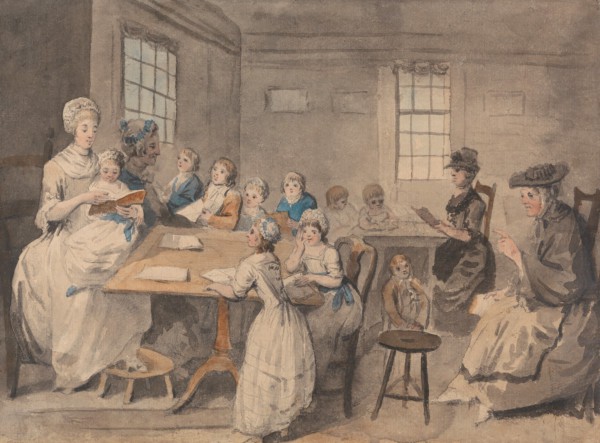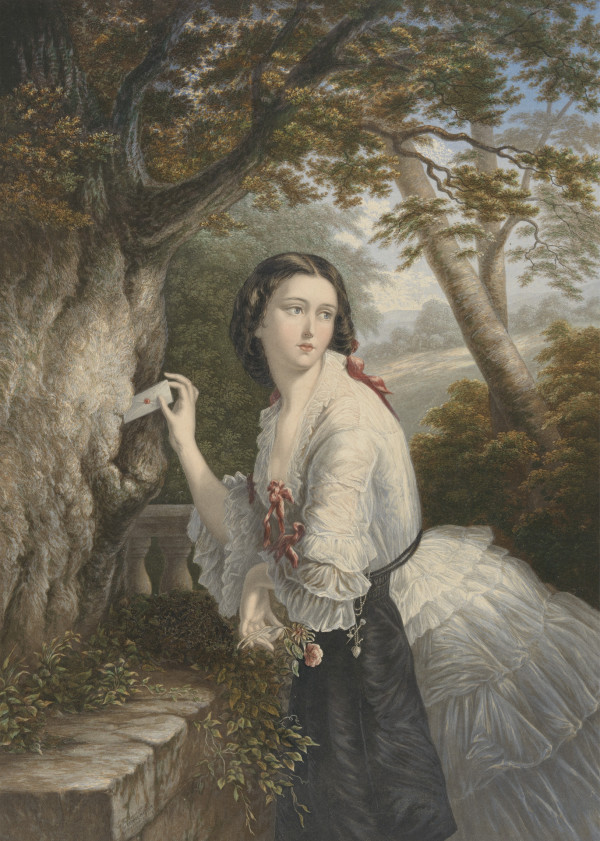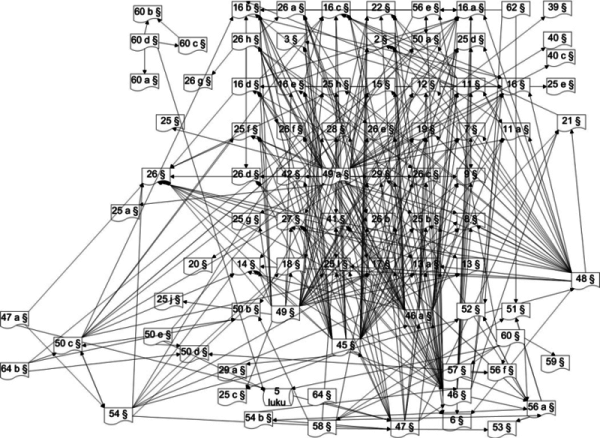5 outrageous things educators can’t do because of copyright
The current patchwork of copyright++Modern copyrightSee also our cases ‘Europe needs a modern copyright system’ and ‘A strong public domain’. exceptions for education at the member state level can lead to absurd situations for teachers that want to utilize creative works. We asked friends from across Europe to submit examples showing where copyright and education do not mix. You can cry (or laugh) with us.
Finland: No moving images in class
In the 1990s, Finnish copyright law was modified so that in order to show a commercial movie in the classroom, the school would need to pay for screening rights. Unfortunately, the wording in the law is ambiguous, and covers all “moving picture works”. So, to view an online educational animation or instructional demo made by another teacher or student, the educator would also need to obtain a permission from the rightsholder. And unlike for commercial films — where teachers can pay for screening rights via a simple web interface — there’s no way to obtain rights for online video clips or indie films without negotiating with the rights holders directly. In practice this means that teachers must either potentially break the law or spend a lot of time tracking down rights holders for permission.

Austria & Lithuania: no e-mailing of quotations
Most jurisdictions in the EU have a copyright exception for the quotation of copyrighted works. This is an important exception to enable research, for analysis and critique of copyright restricted works, and for many other purposes, including educational uses. However, in Austria and Lithuania, teachers can include a quote of a literary work in a paper or on a blackboard, but they cannot make online use of such quotations. This means that a teacher in Austria of Lithuania cannot legally email an assignment to students in which they discuss a specific paragraph of a copyright-protected book for a literature class without having to resort to descriptive meansA teacher in Austria of Lithuania cannot legally email an assignment to students in which they discuss a specific paragraph of a copyright-protected book for a literature class without having to resort to descriptive means. (i.e. third paragraph on page 70 in the 2001 edition of the book). Online uses of quotations for teaching purposes are covered in the rest of the EU.
Italy & Bulgaria: no cross-border translation assignments
When teaching a foreign language in Italy, copyright makes your life more difficult than it should be. An educator in Italy cannot legally ask their students to translate an entire poem from a foreign author into Italian. This is because the Italian lawmaker did not include the translations within the exhaustive list of teaching uses of copyrighted materials one is permitted to do in Italy. If a teacher was teaching in Bulgaria he or she would be legally allowed to assign such a task to the students, as Bulgarian copyright law does not have a limited list of of exempted uses. As long as the translation is made for an educational purpose it is permitted in Bulgaria. Now imagine a student in Italy wishing to participate in a distance-learning course provided by a Bulgarian educational institution: could he or she complete a translation assignment given by its Bulgarian teacher without infringing Italian copyright law? Nope.

Maker: George Baxter (Yale Center for British Art, Paul Mellon Collection)
DownloadFinland: No adaptations allowed
Finnish copyright law has no exceptions for creating derivative works in education. For example, creating translations from foreign language news sites (which is a common practice) is not allowed. Rights holders or copyright agencies haven’t really seen a problem in this practice, probably because they are unaware of the flaw in the law. Finnish copyright legislation, with its numerous layers of additional exceptions, is extremely difficult to navigate. Because of this, it’s nearly impossible to provide clear instructions for teachers about what they are permitted to do under the law. So, they all need to figure these things out on their own, which is a huge waste of valuable lesson preparation time.Finnish teachers need to figure copyright rules out on their own, which is a huge waste of valuable lesson preparation time. Below is a machine-generated image showing the interconnected references from the Finnish copyright law. There are probably only about two people in the world who understand the law in its entirety, and these are the people who’ve written the law and its amendments for the last 50 years.

Poland: feel free to use content, as long as it is offline
In comparison to other European countries, Poland has a relatively strong educational exception. Content can be freely used for the purpose of illustration of teaching within the classroom. But things get complicated once teachers and students go online. Teachers want to publish content online, and encourage students to do so, because they are told that digitally-literate citizens are active creators who share their content. Unfortunately, Polish law does not provide any freedoms for online educational use. Teachers who use copyrighted works in lesson scenarios or presentations they create with students would be breaking copyright law.Teachers who use copyrighted works in lesson scenarios or presentations they create with students would be breaking copyright law. A now (in)famous Polish copyright troll is a photographer that sues schools and libraries that attempt to use a low resolution photograph of a famous Polish poet online (the trolls holds the copyright in the original). Polish copyright works well in the physical classroom, but it’s a shame that it doesn’t better address modern educational practices — which take place both online and off.
These are only a couple of examples of where copyright regulation in Europe not suited for modern education. Want to know more on why copyright concerns teachers? Please read this post. Curious on what a new education exception should look like to solve these issues in the law? Please read the COMMUNIA position paper on exceptions and limitation in education.
Special thanks to Teresa Nobre, Tarmo Toikkanen and Alek Tarkowski for submitting cases for this post. Several were based on the research done by Teresa Nobre: Educational Resources Development: Mapping Copyright Exceptions and Limitations in Europe, Working Paper (July 2014).
This article was first published on the blog Copyright Untangled.



